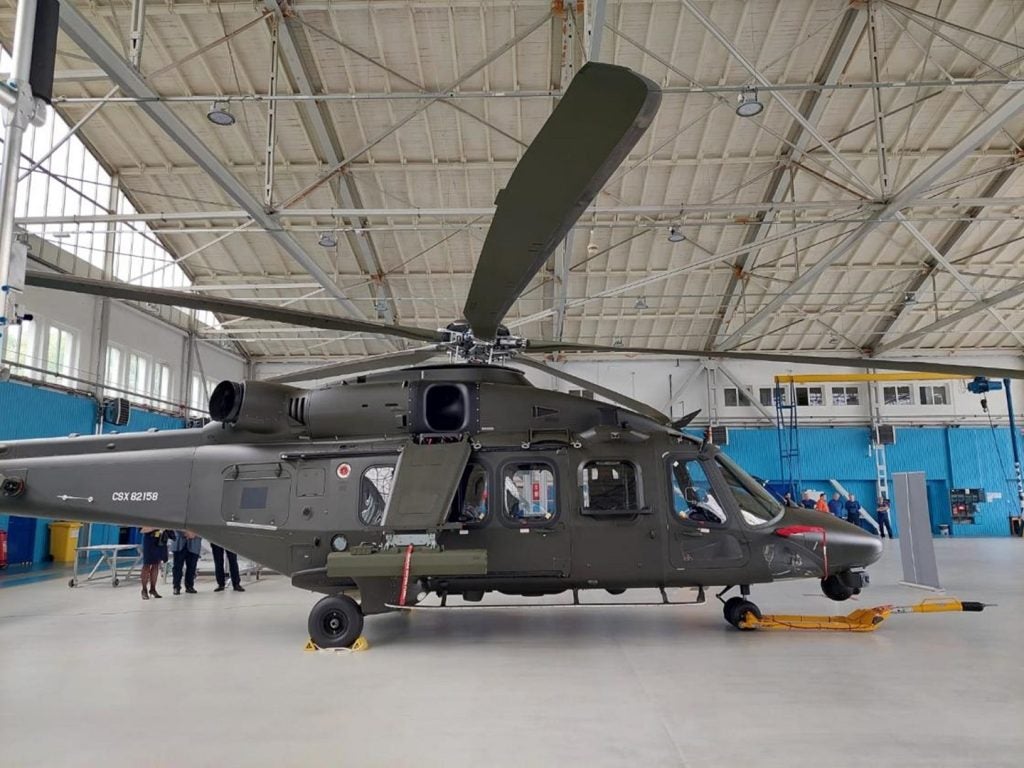Artificial intelligence (AI) applications can make military operations more efficient and accurate, potentially reducing costs in the long term.
The potential applications of AI and AI-based technologies are in intelligence, surveillance, and reconnaissance (ISR) operations such as command and control, image recognition, speech recognition and geo-localisation.
Discover the leading companies developing AI in military applications
Using its experience in the sector, Army Technology has listed some of the leading companies that are developing military AI.
The information provided in the download document is drafted for military executives and technology leaders involved in AI innovations for the armed forces.
The download contains detailed information on suppliers and their product offerings, alongside their contact details to aid purchase or hiring decisions. Free Guide to the leading companies developing AI in military applications.
See Also:
Amongst the leading AI suppliers are Adarga, Atlas Elektronik, Cylance, FLIR Systems, Palantir, Percepto, Rebellion Defense, Shield AI, SparkCognition, and Veloxiti.
Technologies and systems being developed by leading companies in AI
L3Harris Technologies is developing an AI programme that can process and analyse the vast amount of data collected by sensors and aerial vehicles and address the data deluge problem for military organisations.
Lockheed Martin is developing the Behavioral Learning for Adaptive Electronic Warfare system (BLADE), a software that can detect wireless communication threats and automatically disable them.
Northrop Grumman has developed the Blue Wasp threat detection software that uses machine learning and behavioural algorithms to monitor and detect threats. Another product offered by the company is the BAT unmanned aerial system (UAS) which can be used for ISR, target acquisition and communications.






